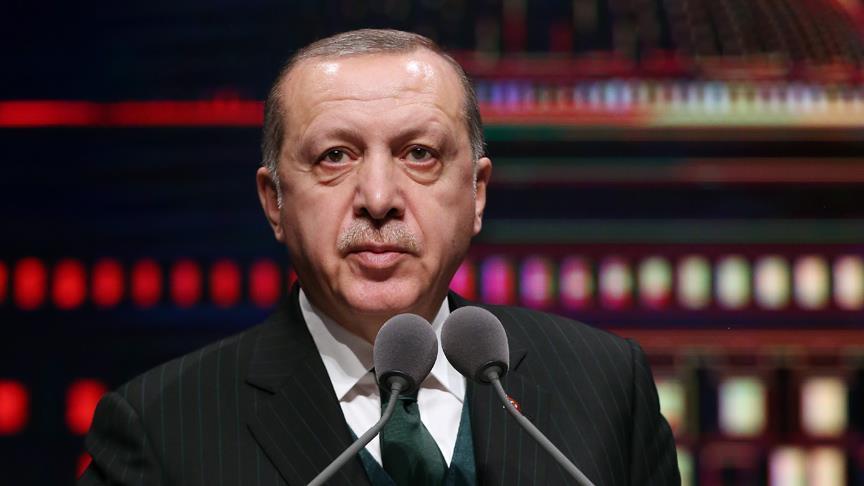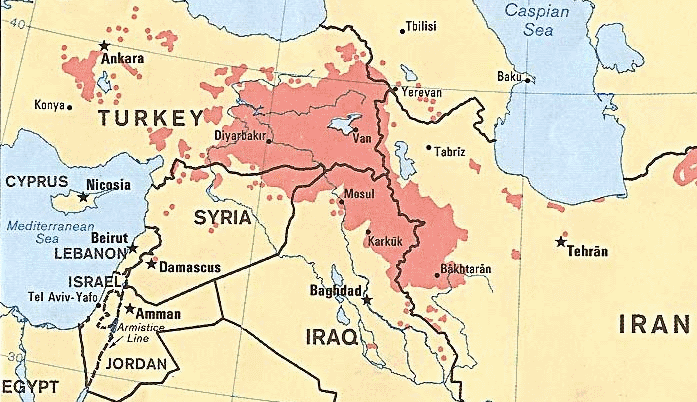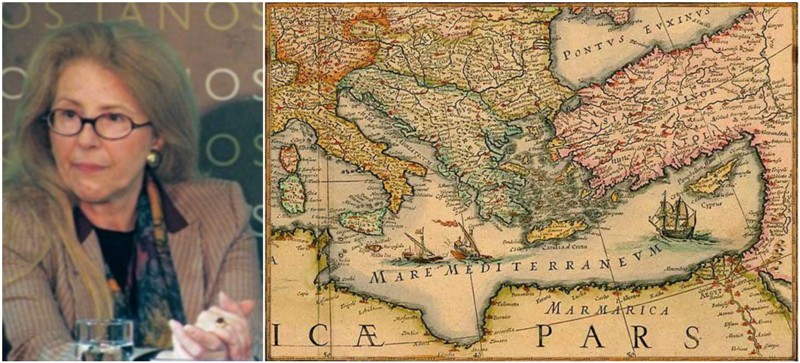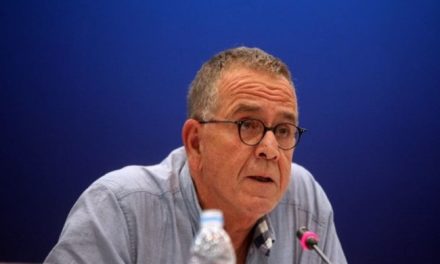Paraskevi Kefala, Assistant Professor of International Relations in the Middle East at the Department of Mediterranean Studies, University of the Aegean has published an article in newspaper Epohi (25.02) analyzing Turkey’s foreign policy:
It is common knowledge that Turkey’s foreign policy has a revisionist character, as well as that the country has regional power aspirations towards all of its neighboring subsystems. These trends – reinforced by Turkey’s membership in the group of the World’s 20 Fastest Growing Economies, the retreat of US influence in the wider Middle East and the instability prevailing in the region – gave Ankara the impression that it is now in position to impose its will and to achieve all of its objectives.
However, those ambitious plans can’t be actualized for a number of reasons: the means at the country’s disposal are insufficient; Ankara violates fundamental concepts of international law (such as the illegal occupation of North Cyprus); it ignores basic facts (such as that the neo-Ottoman model it promotes cannot appeal to the Arab world); it mistakenly believes that its geostrategic position gives it a political “carte blanche”, and finally, it fails to acknowledge the legitimate interests of other international actors. Because of these erroneous estimates Turkish foreign policy after 2011, is under a lot of pressure. What is more, the discovery of a huge energy patch in the Eastern Mediterranean, the Syria-Iraq crisis and the ongoing instability have created an explosive environment that Ankara cannot fully control.

Eastern Mediterranean
Using the coup attempt of 2016 as a pretext, President Erdogan is relentlessly persecuting those who are not his fervent followers; this puts his international supporters in a very difficult position, while the climate of fear he perpetuates has a huge negative impact on Turkish economy. With that in mind, President Erdogan attaches foreign to domestic policy, setting multiple goals on the Cyprus issue, the Aegean, the exploitation of underwater energy fields, and the crisis in Syria.
In regards to the Eastern Mediterranean, we are faced with Turkey’s attempts to escalate tensions with Greece, to extort the Republic of Cyprus to agree to a common exploitation of energy resources and to deter and / or intimidate multinational oil companies -such as Italian Eni- so that they don’t start drilling in Cypriot plots. The goal is clear: nothing can happen without Turkey’s consent; and Turkey, in order to consent, demands the legalization of its illegal actions in Cyprus, but also the appropriation of at least half of the Aegean Sea.
What is more, Ankara has been trying – already since the end of the bipolar word – to associate itself with, or even to exert control over several Balkan countries and regions, such as Macedonia, Albania or Kosovo, in an apparent effort to encircle Greece with neighbors that have irredentist aspirations and could cause smaller or bigger problems. This tactic is becoming more intense as Ankara estimates that today Athens is completely weakened due to the crisis, while Tureky remains strong. However, the truth is that Athens is not so weakened, as it remains a pillar of stability in a highly unstable region and part of the solution of regional problems. On the other hand, Ankara is a part of the problem, whether these problems relate to its relations with the EU and NATO, or to the Syrian crisis.

The Syrian crisis
Indeed, the Syrian crisis has been the lithe stone of Turkish-European and Turkish-American relations, which seem to be at their lowest point ever. The reasons for this deterioration are basically the divergence between the goals of Turkish president and those of Brussels and Washington.
As for the European Union, Ankara’s demands, along with its extortionist tactics on the issue of Syrian refugees and the internal political terrorism of the Erdogan regime, are factors that force even the most ardent supporters of the Turkish candidacy in the EU to retreat.
Even worse, however, is the state of Turkey’s relations with the US and, of course, NATO. In this regard, the objectives of the two sides are totally divergent, given that Ankara seeks to prevent at all costs the possibility of creating an autonomous or federal Kurdish state in Syria.
In order to avoid a repetition of what happened with the Iraqi Kurds, Ankara did not hesitate to cooperate with the terrorists of the “Islamic State” in order to strike the Syrian Kurds, neither to try to involve NATO in a heated confrontation with Moscow, nor to align with Russia and Iran, the main opponents of the United States. At this point we should stress that the issue of the Syrian Kurds is a major for Washington since they are only ally they have in Syria and their only lever to balance out the strong Russian influence.
Given the importance of the Kurdish question for Ankara and the American political disadvantage in Syria, in late January Ankara took things even further, attacking Afrine, a Kurdish enclave on the Syrian-Turkish border, after the US announced that it would reinforce the Kurdish People’s Protection against Islamic State forces that trying to re-invade Syria.
So far, the US has not officially reacted to the attack against the Kurds of Afrin, an attack perpetrated by the Turkish army, with the help of Islamic State fighters -who are making bouncing back, with Ankara’s support. In addition, Turkey is launching indirect threats against the US, underlining that anyone who “assists terrorists” – such as the Kurdish People’s Protection Units – is “a legitimate aim”, as well as direct threats, like the one made by Erdogan’s prominent adviser on 14 February, who said that “the US will encourage Greece to attack Turkey, but it will be like a fly attacking a giant and the consequences will be terrible for Greece.”
It is clear that Ankara’s policy is totally absurd; however it is very useful to the Turkish President because it sustains a false perception of the country’s power in the eyes the Turkish people: the government appears as a staunch defender of Turkey’s national interests and and Kemalists are made to look like traitors. Despite the obvious domestic micro-political gains for President Erdogan and his environment, this policy greatly increases risks in an area already plagued by threats, instability and conflict, and the price to pay could be very high, even for Turkey itself.
Translation: Ioulia Livaditi














